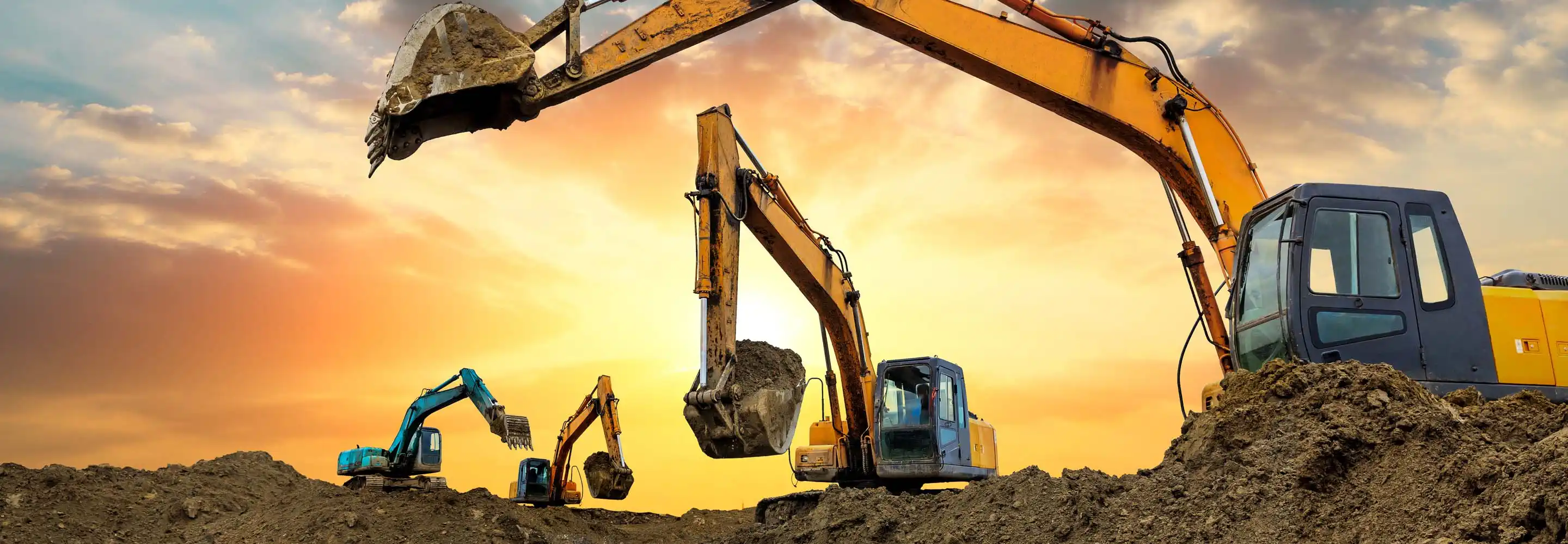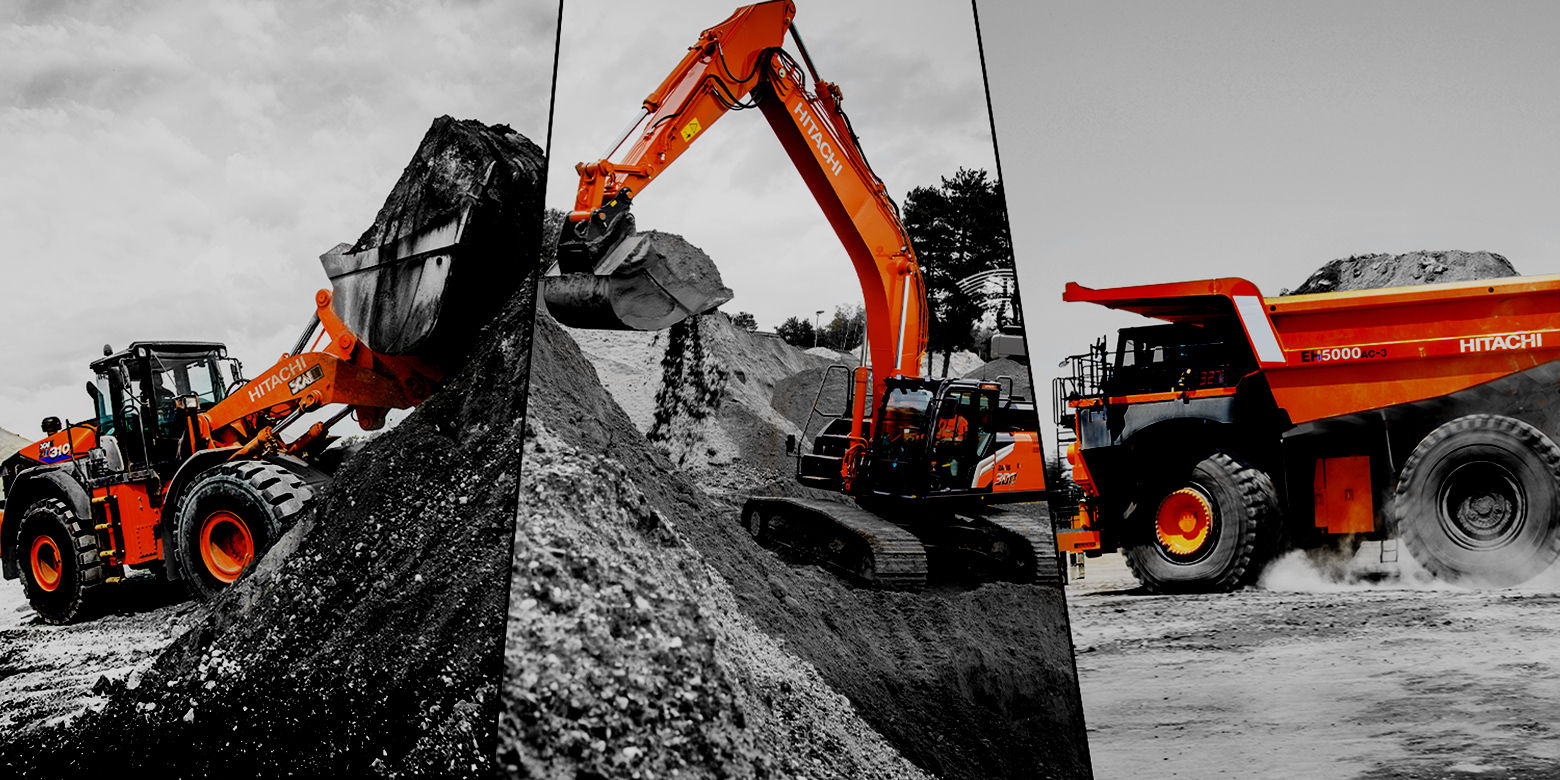Mini Excavator Rental in Tuscaloosa AL: Compact and Powerful Equipment for Little Jobs
Mini Excavator Rental in Tuscaloosa AL: Compact and Powerful Equipment for Little Jobs
Blog Article
Discovering the Financial Conveniences of Renting Building And Construction Devices Contrasted to Possessing It Long-Term
The choice between having and leasing building tools is crucial for financial administration in the industry. Renting offers immediate expense financial savings and operational adaptability, enabling firms to allocate sources much more effectively. In comparison, possession features significant lasting monetary dedications, consisting of upkeep and depreciation. As contractors evaluate these alternatives, the effect on capital, task timelines, and technology gain access to comes to be increasingly considerable. Recognizing these subtleties is important, especially when thinking about just how they straighten with details project demands and monetary approaches. What aspects should be prioritized to make sure optimum decision-making in this complex landscape?

Price Comparison: Leasing Vs. Owning
When evaluating the financial effects of having versus renting out construction devices, a comprehensive price comparison is essential for making informed decisions. The choice in between having and renting can dramatically impact a company's bottom line, and understanding the associated costs is essential.
Leasing building devices generally involves lower in advance costs, permitting businesses to assign resources to other functional demands. Rental prices can accumulate over time, possibly exceeding the cost of possession if devices is needed for an extended duration.
Alternatively, having building and construction tools needs a significant preliminary financial investment, together with ongoing expenses such as financing, devaluation, and insurance. While ownership can result in long-term savings, it also locks up capital and may not offer the very same level of versatility as renting. Furthermore, possessing devices demands a dedication to its use, which might not constantly line up with task demands.
Ultimately, the decision to have or rent out ought to be based on a thorough evaluation of details job demands, economic ability, and lasting strategic objectives.

Upkeep Responsibilities and costs
The choice between having and leasing construction equipment not only involves economic considerations but additionally encompasses ongoing upkeep expenses and obligations. Possessing devices calls for a substantial commitment to its upkeep, that includes routine examinations, repairs, and prospective upgrades. These responsibilities can quickly accumulate, resulting in unanticipated expenses that can stress a budget.
In comparison, when leasing equipment, upkeep is typically the duty of the rental firm. This plan enables service providers to stay clear of the economic concern connected with deterioration, as well as the logistical challenges of scheduling repair work. Rental agreements typically include arrangements for maintenance, suggesting that contractors can focus on finishing tasks instead than worrying about devices condition.
Additionally, the varied series of devices readily available for lease enables companies to pick the most up to date versions with advanced technology, which can enhance effectiveness and efficiency - scissor lift rental in Tuscaloosa Al. By going with services, services can prevent the lasting liability of tools depreciation and the connected upkeep headaches. Ultimately, evaluating upkeep costs and duties is essential for making an educated decision concerning whether to possess or rent building and construction equipment, substantially influencing general job prices and functional efficiency

Devaluation Effect On Ownership
A considerable element to take into consideration in the choice to possess construction tools is the effect of devaluation on general possession prices. Depreciation stands for the decline in worth of the devices over time, influenced by aspects such as use, damage, and improvements in innovation. As devices ages, its market value decreases, More hints which can dramatically impact the owner's monetary placement when it comes time to trade the devices or sell.
For construction companies, this depreciation can convert to significant losses if the devices is not used to its greatest possibility or if it lapses. Owners must make up depreciation in their economic projections, which can result in higher total prices compared to renting. Furthermore, the tax implications of depreciation can be intricate; while it may offer some tax obligation benefits, these are often countered by the fact of lowered resale value.
Inevitably, the worry of devaluation highlights the relevance of understanding the long-term financial commitment involved in owning building equipment. Business have to thoroughly evaluate how often they will make use of the equipment and the potential monetary influence of devaluation to make an enlightened choice concerning possession versus renting.
Monetary Versatility of Renting Out
Renting construction devices supplies substantial financial flexibility, allowing companies to allocate sources a lot more efficiently. This adaptability is particularly vital in a sector identified by changing job demands and differing work. By opting to rent out, companies can stay clear of the significant capital outlay needed for acquiring tools, protecting capital for various other operational demands.
In addition, renting out tools makes it possible for firms to customize their devices options to specific project requirements without the long-term dedication linked with possession. This indicates that services can quickly scale their equipment supply up or down based upon anticipated and present project needs. Subsequently, this versatility decreases the risk of over-investment in equipment that might become underutilized or obsolete with time.
One more financial advantage of renting is the possibility for tax obligation benefits. Rental payments are often considered general expenses, enabling immediate tax obligation deductions, unlike devaluation on owned tools, which is topped numerous years. scissor lift rental in Tuscaloosa Al. This instant expense acknowledgment can even more boost a business's cash setting
Long-Term Project Factors To Consider
When examining the long-term demands of a building business, the choice in between having and renting out devices comes to be much more intricate. Key variables to consider consist of project period, regularity of use, and the nature of upcoming tasks. For tasks have a peek here with extended timelines, buying equipment may appear beneficial as a result of the potential for lower total costs. Nevertheless, if the tools will not be used continually across projects, owning may bring about underutilization and unnecessary expenditure on maintenance, storage space, and insurance policy.
The building and construction sector is developing quickly, with new equipment offering boosted effectiveness and safety attributes. This versatility is particularly beneficial for organizations that manage diverse tasks requiring different types of equipment.
Additionally, financial security plays an essential function. Having tools commonly requires significant funding financial investment and devaluation worries, while leasing enables more foreseeable budgeting and capital. Eventually, the selection in between owning and renting needs to be lined up with the strategic goals of the construction company, considering both expected and current project needs.
Final Thought
In verdict, renting out building and construction tools supplies significant economic benefits over long-lasting ownership. Eventually, the decision to rent instead than very own aligns with the vibrant nature of building jobs, permitting for flexibility and accessibility to the most current devices without the monetary concerns associated with ownership.
As devices ages, its market value decreases, which can dramatically influence the owner's financial placement when it comes time to trade the tools or market.
Renting construction tools supplies substantial financial flexibility, allowing firms to designate sources more effectively.Furthermore, renting out devices makes it possible for companies to tailor their tools choices to details task requirements without the long-lasting commitment connected with ownership.In conclusion, leasing building equipment uses significant monetary advantages over long-lasting possession. Inevitably, the choice to lease instead than own aligns with the dynamic nature of building tasks, enabling for versatility and access to the most current devices without the a knockout post financial burdens linked with possession.
Report this page